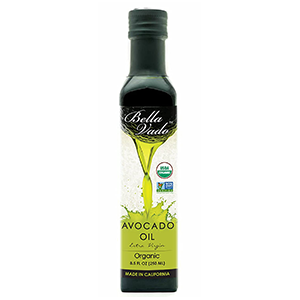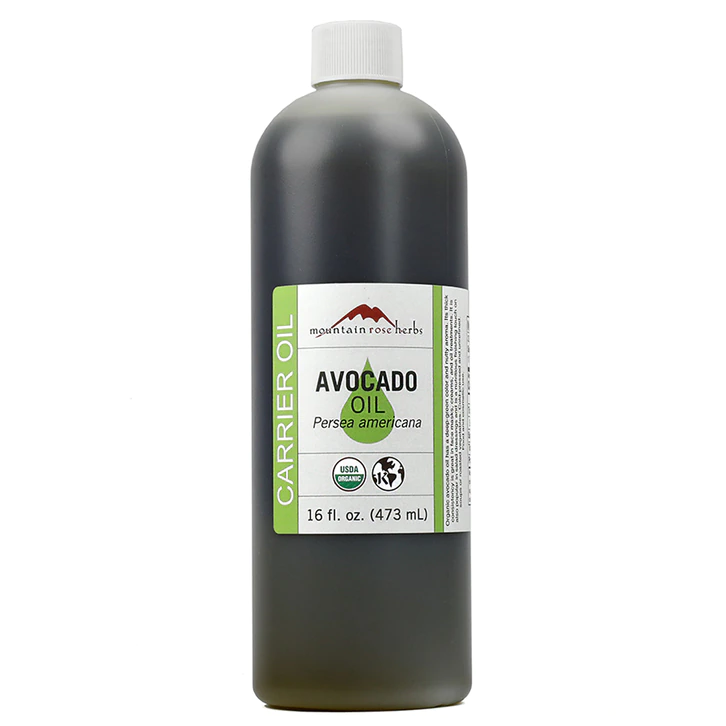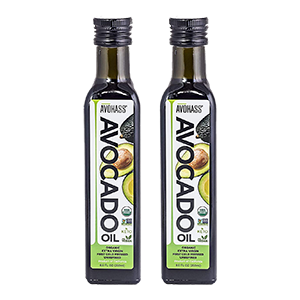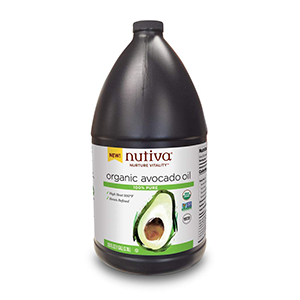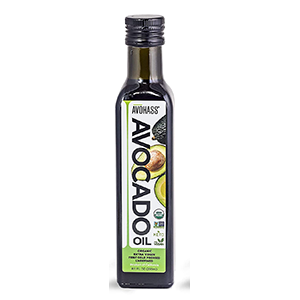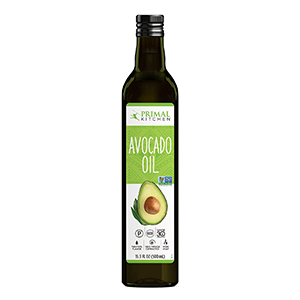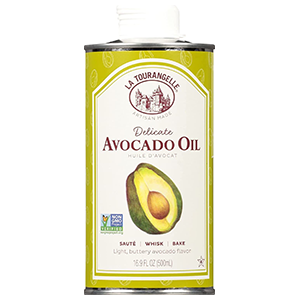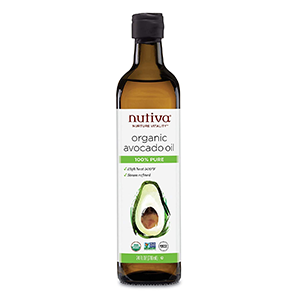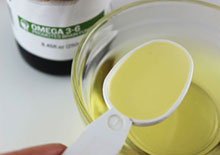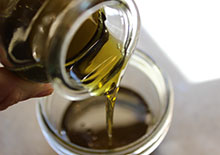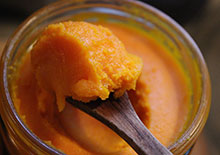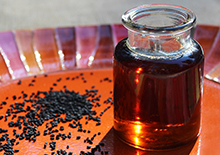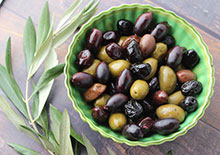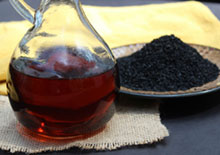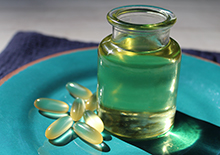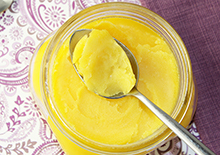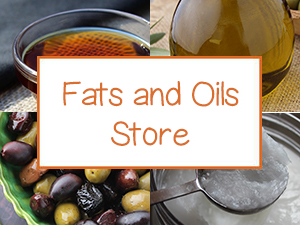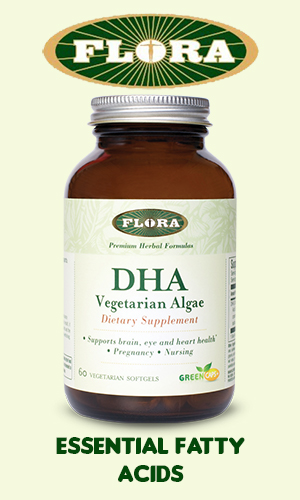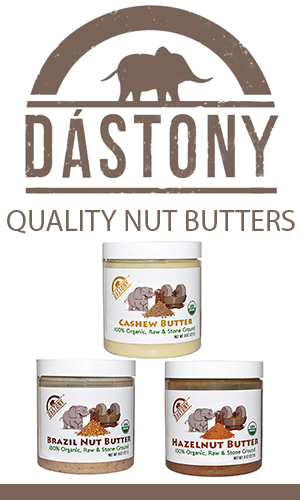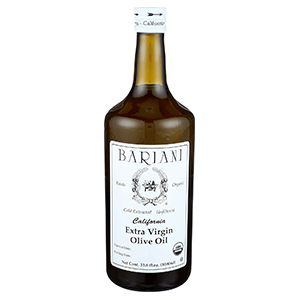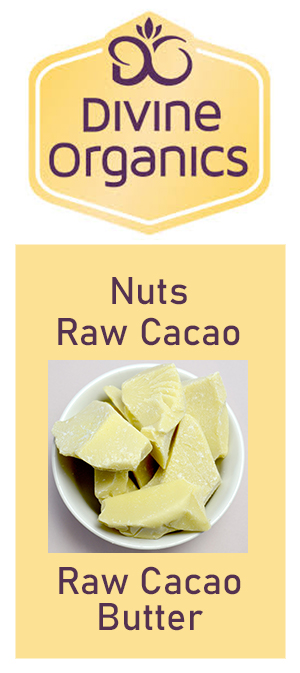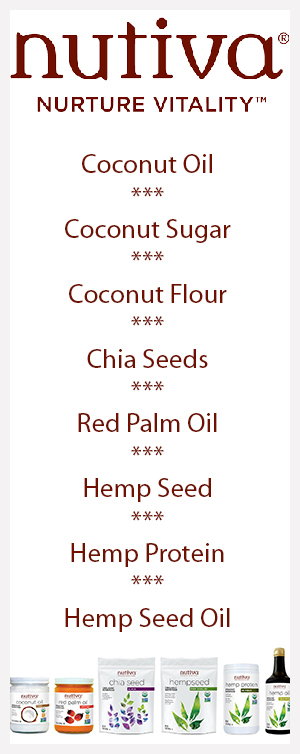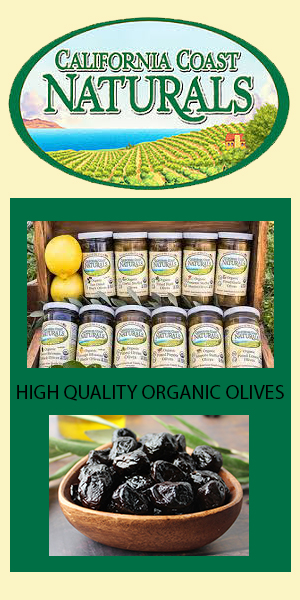Types of Avocado Oil and Uses According to Smoke Point
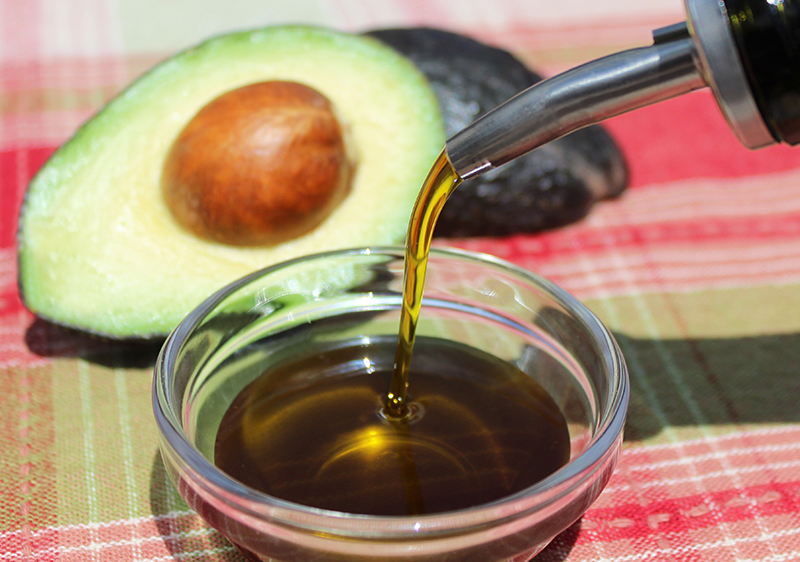
What is avocado oil? Avocado oil is derived from the ripe fatty yellow/green flesh surrounding the large pit of the avocado or Persea americana species, a tree native to regions of Mexico and Central America.
The Hass cultivar is often the main one selected for oil extraction due to its high oil content and good flavor profile.
Avocado oil is classified under the general category of vegetable oils even though the avocado is technically a fruit. The term "vegetable oil" is used to differentiate plant-based oils from animal-based fats or oils, like lard or butter.
Initially utilized for skincare and cosmetics for its emollient skin permeating benefits, it has now become a very common culinary oil used for cooking purposes or as a raw oil in recipes. It was especially made popular in recent times by high-fat diets like the ketogenic and primal diets.
Is Avocado Oil a Healthy Option?
Nutritionally speaking, avocado oil is comparable with olive oil because it's high in monounsaturated fats (between 60-70%), mostly in the form of oleic acid. It also has good heat stability, antioxidant compounds and some polyphenol content, but not as much as olive oil according to research.
So, yes, it can be a healthier option over other oil selections, but this largely depends on the type of oil you purchase.
Being one of the few edible oils that's not usually derived from the pit or seed of the fruit, it can be cold pressed without further refinement.
Like olive oil, unrefined extra virgin avocado oil is the highest in nutrient value, especially when unheated and stored properly. It has an olive green to golden color with a distinct, strong, buttery-rich nutty flavor.
The yellow-green pigments come from the antioxidant compounds: chlorophyll and carotenoids. The main antioxidant however is its VITAMIN E component present in the form of a-tocopherol, hence its use in skincare products.
As part of a well-balanced diet, dietary unrefined oils like extra virgin avocado oil, olive oil and coconut oil are considered healthy fats to consume for long-term health.
Here's more about the different types of avocado oil and which ones may be best for your needs and culinary uses.
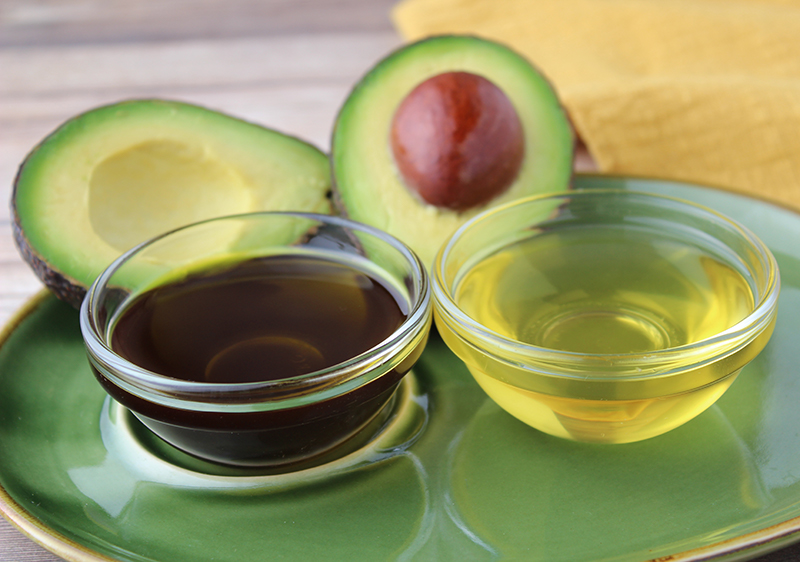
Unrefined Vs Refined Avocado Oil Extraction Processes
Unrefined avocado oil is processed in a very similar way to olive oil and can also be produced as an extra virgin oil or as a virgin oil.
Extra virgin is made from the first cold pressed extraction of quality ripe fruit pulp. This type is considered the highest standard from a nutritional and flavor standpoint.
Food-grade extra virgin or virgin oils are best packaged in tinted or UV-protected bottles or tins to preserve quality.
Refined avocado oil is a much lighter yellow color and can be produced in a couple of different ways.
One is the standard RBD method used to create other vegetable oils using a refined, bleached and deodorizing technique. Visit our page on canola oil for more about why you should avoid cooking oils using this technique.
Another method that a few brands employ renders a higher quality refined avocado oil. Often loosely termed "naturally refined", this oil uses a cold pressed or expeller pressed, chemical-free mechanical process using minimal heat.
"Steam-refined" avocado oil is also a lesser-used refined oil alternative to RBD vegetable oils.
The refining process, no matter how it's achieved, basically removes impurities and decreases the free fatty acid content.
Best Avocado Oil for Cooking Purposes
The best oils for cooking purposes are those that have a higher smoke point. This is the stage at which the oil starts to visually smoke when heated to a certain temperature.
When it reaches the smoking point, the oil structure has started to break down producing free radical compounds that can be damaging to the body when consumed.
Avocado oil happens to have a very high smoke point, and when refined it has one of the highest smoke points compared to most cooking oils, averaging about 482-520°F (250-270°C).
Smoke Point Comparison
(These are approximations and can range depending on quality.)
Avocado Oil (Refined) - 482-520°F (250-270°C)
Avocado Oil (Unrefined Extra Virgin) - 350-400°F (177-204°C)
Butter - 300-350°F (149-175°C)
Clarified Butter - 450-485°F (230-250°C)
Coconut Oil Unrefined - 350-385°F (175-196°C)
Coconut Oil Refined - 400-450°F (204-232°C)
Olive Oil (Extra Virgin) - 350–405°F (175-207°C)
Olive Oil (Refined) - 390–470°F (199-243°C)
Sesame Oil (Unrefined) - 350-410°F (177-232°C)
It is therefore recognized to be one of the best for high heat applications. This aspect has made it a very popular go-to choice for cooking purposes when you intend to barbecue, fry, broil, roast or bake at temperatures higher than 400°F.
Unrefined extra virgin avocado oil with a smoke point of about 350-400°F (177-204°C) is suitable for medium heat sauté's and especially great as a raw oil for homemade dressings, mayonnaise and dips.
Unrefined virgin avocado oil (as opposed to extra virgin) can tend to have a low smoke point due to a higher percentage of free fatty acids. For the highest health benefits, it is best consumed raw or only low temp heated.
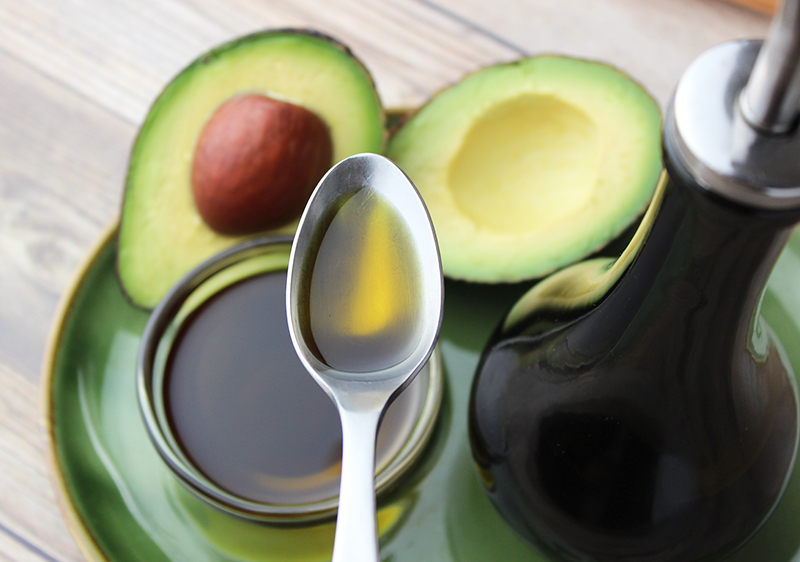
When Purchasing Avocado Oil
While avocados are generally on the "Clean 15" list of foods that aren't
heavily sprayed, we always recommend purchasing organic and/or quality oils
whenever possible.
Labels that say "expeller pressed", "100% Pure", "refined" or just "avocado oil" are usually refined oils. Extra virgin or virgin are the unrefined varieties.
It is good to be aware that it is commonplace to find lower quality products adulterated with other oils such as soybean oil without indication on labeling. (Source)
Although standards are still being developed to protect consumers, purchasing your avocado oil from reputable high-quality brands is paramount.
Precautions:
Avocado oil is best when consumed in moderation within a health-promoting diet. Consult your healthcare provider before regular use if pregnant, nursing, if you're taking medications or have a serious medical condition.
Shop Related Products (About Affiliates & Amazon Associate Paid Links)
Affiliate Disclaimer: This section contains affiliate product links. If you make a purchase through our recommended links, we receive a small commission at no additional cost to you. Thanks for the support.

